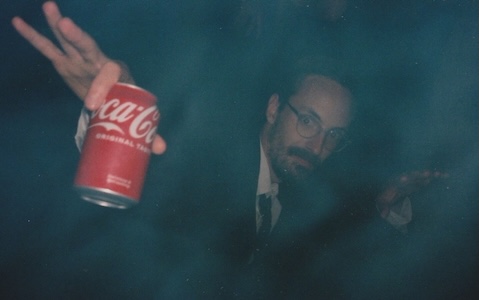
Hi, I'm Jordan.
I’ve been an academic philosopher, an art curator, a cinema bartender, and more. Roles unified by a persistent interest in how we see, and are seen by, the world. I was shaped by small-town Ohio, but nowadays, I live in Sweden and work in audio tech.
In my free time, I build frameworks for understanding our current moment. My writing explores how digitalization and AI are changing human intentionality, our relationship with culture, and our capacity for connection. Increasingly, I’m focusing on the broader social dynamics, political movements, and ethical frameworks that form our trajectory.
Here’s some of my work:
A collection of iOS apps designed as small, beautiful tools that serve the user rather than the attention economy.
Curatorial projects investigating the intersection of art and philosophy.
Longform explorations of culture, ethics, and the evolving digital landscape.